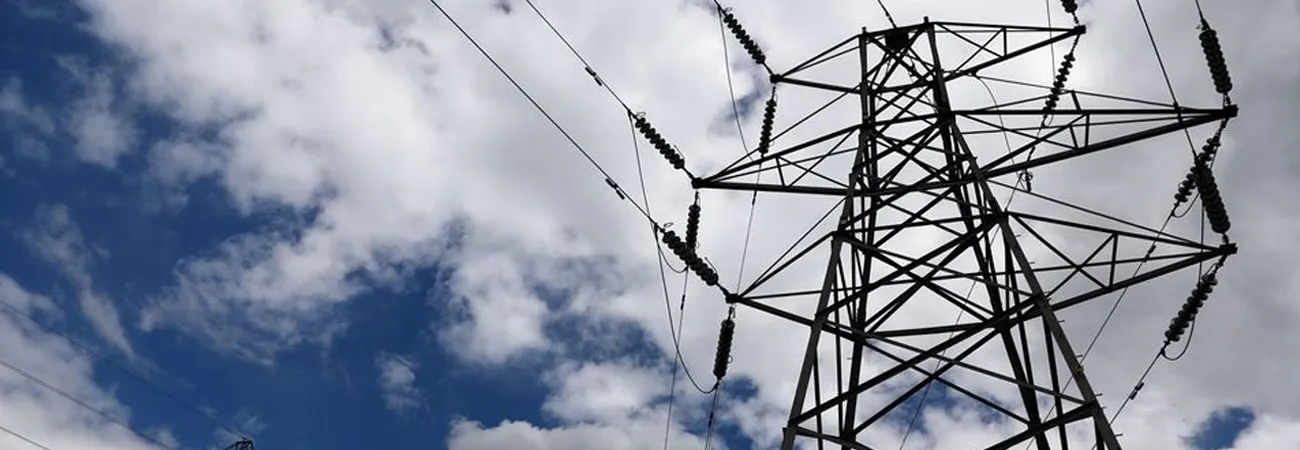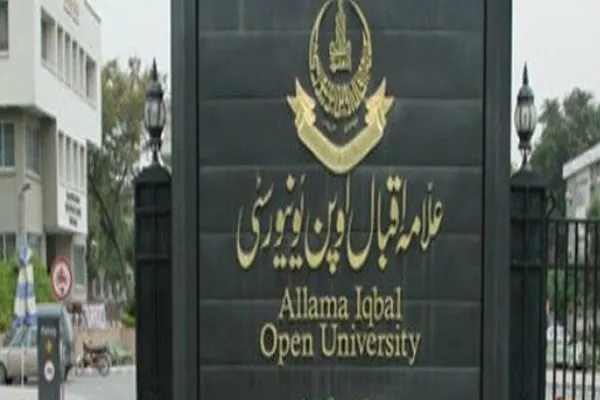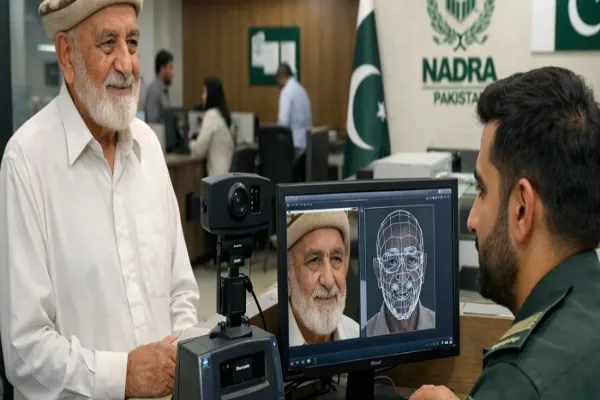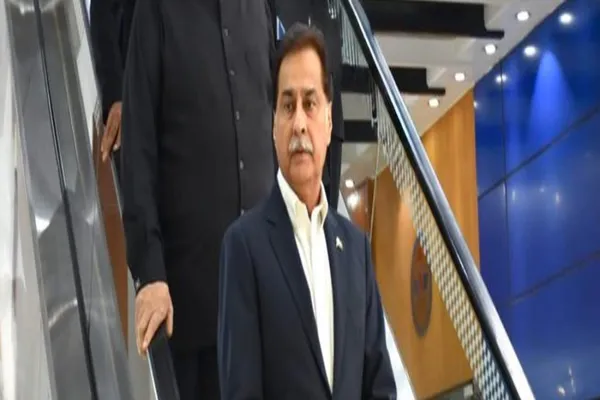i NEWS PAKISTAN
Speakers at an in-house session on Independent Power Producers (IPPs) and Capacity Payment Issues in the Power Sector pointed out current agreements with IPPs as a hinderance to economic progress of the country. The Islamabad Policy Research Institute (IPRI) recently hosted a Roundtable Conference on “Independent Power Producers (IPPs) and the Capacity Payment Issues in the Power Sector.” The speakers at the event included Ambassador (R) Inamul Haque; Former Caretaker Federal Minister for Commerce, Industries, and Production, Dr Gohar Ejaz; CEO of CPPA, Rihan Akhter; Former Chairman NDMA, Maj General Asghar Nawaz; Former SAPM CPEC, Khalid Mansoor; Senior Partner RIAA Barker Gillette, Husnain Naqvi; Partner Orrdignam & Co., Shahid Raza; CEO Attock Oil, Adil Khattak and GM WAPDA Irfan Rizvi, a news release said. The discussion highlighted the challenges posed by Pakistan’s current energy policies, particularly the implications of the existing tariff structure is unsustainable and burdensome for the economy. The need for a comprehensive review of these tariffs was emphasized, noting that the high cost of electricity is stifling economic growth and making Pakistan’s exports less competitive on the global stage.
The conversation also addressed Pakistan’s continued reliance on coal power plants, a practice that has been slowly reduced in various countries. Some speakers strongly advocated for the retirement of these plants, arguing that they are economically unviable in the long term. It was highlighted that natural gas should also not be sold in Pakistan, unless absolutely necessary. A significant portion of the discussion focused on the role of IPPs in Pakistan’s energy sector. The panellists critically examined the capacity payments being made to these producers. These payments, they argued, have placed a considerable strain on the national economy, particularly by inflating energy costs and reducing the competitiveness of Pakistani goods in the international market. It was pointed out that the existing agreements with IPPs need to be revisited to ensure that they do not continue to hinder economic progress. It was discussed that investors must be held accountable for the high prices being charged and that there is a pressing need to renegotiate these contracts to align them with current economic realities. It was stressed that the issues in Pakistan’s energy sector are rooted more in policy decisions than in production capacity.
Credit: Independent News Pakistan









